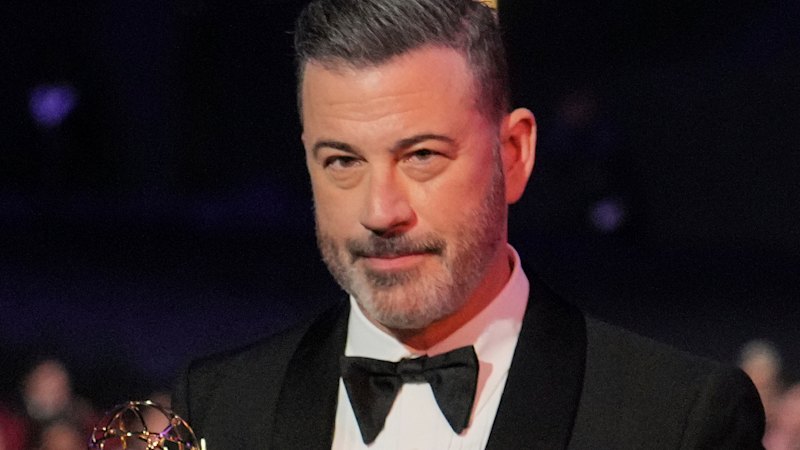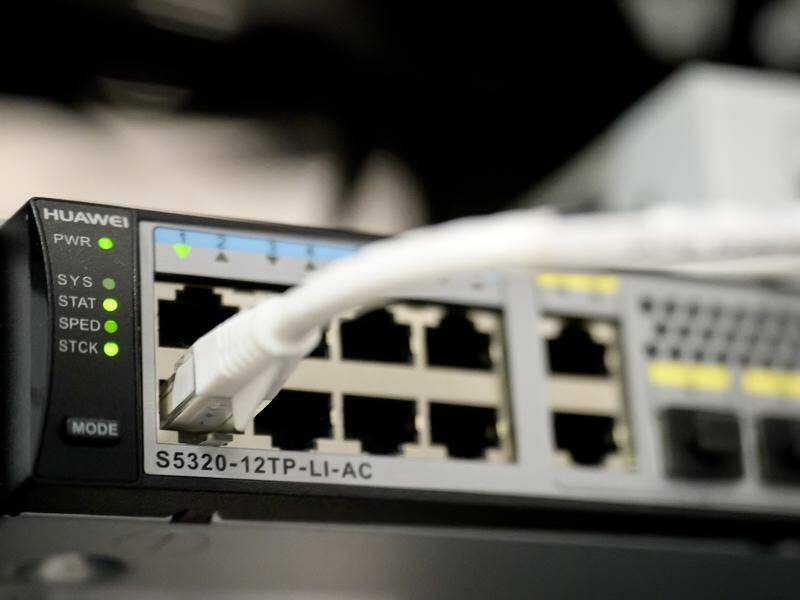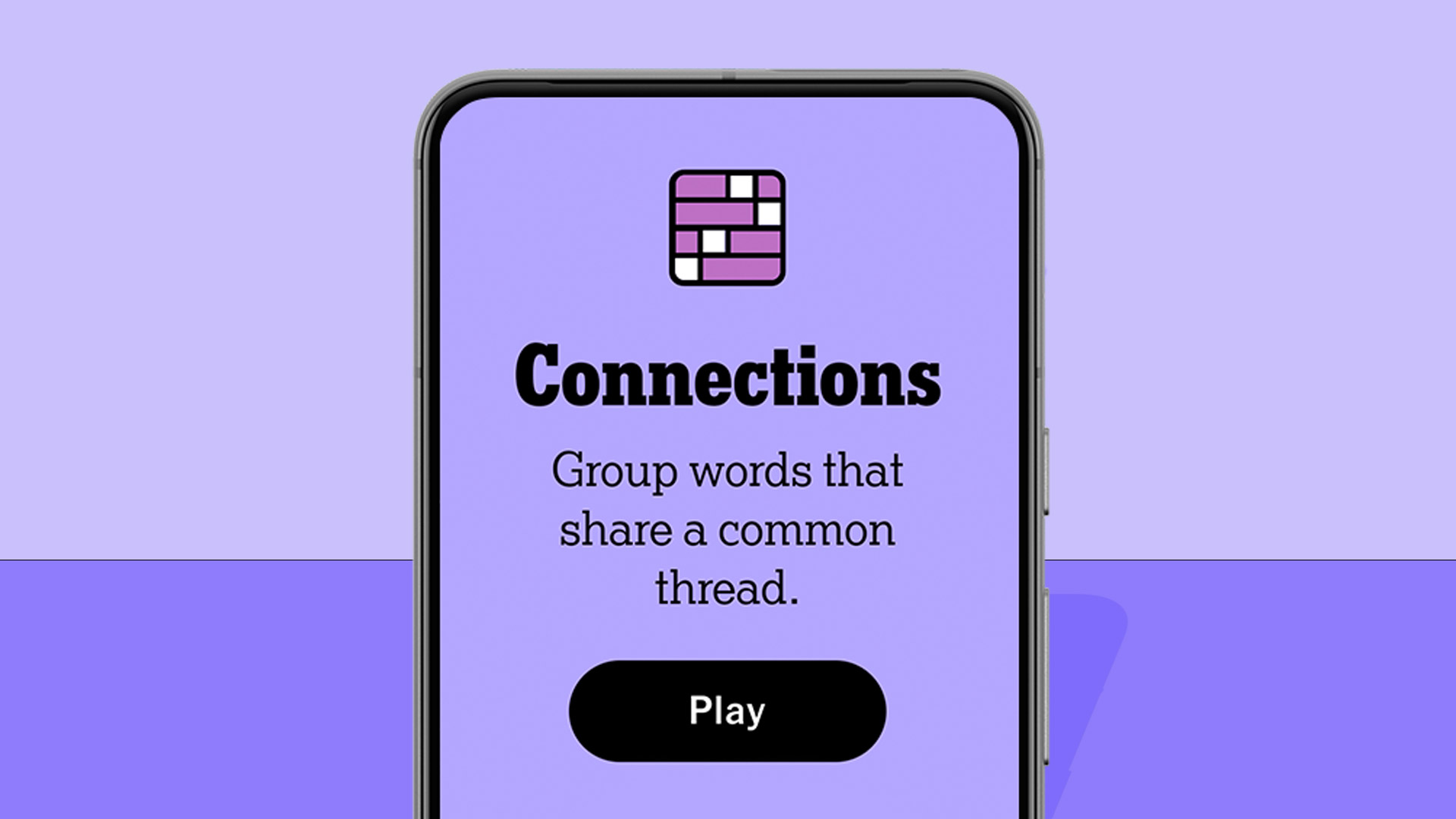
The ABC network has indefinitely suspended the late-night show of comedian Jimmy Kimmel following comments he made regarding conservative influencer Charlie Kirk. This decision comes amidst escalating tensions around free speech in the United States, with critics arguing it reflects a broader crackdown on dissenting voices.
Kimmel’s comments, which he made during a recent episode, criticized the response from some factions of the MAGA movement to the alleged murder of Kirk. The situation has drawn attention not only for its immediate impact on Kimmel’s show but also for what it signifies about the current political climate in the country.
Political Pressure and Regulatory Influence
The suspension of Kimmel’s show raises serious questions about the relationship between media and government. Brendan Carr, chairman of the Federal Communications Commission, has been vocal in his criticism of Kimmel. Hours before the suspension, Carr appeared on a YouTube show hosted by right-wing commentator Benny Johnson, where he threatened consequences for ABC and other networks if they did not take action against Kimmel.
Carr stated, “We can do this the easy way or the hard way,” warning that the FCC could impose fines or revoke licenses. His comments, coupled with Kimmel’s suspension, suggest a coordinated effort to silence critics of the current administration.
The timing of this decision is particularly striking given Donald Trump‘s history of targeting media figures who oppose him. Although Trump did not directly order Kimmel’s suspension, his influence is evident in the actions of regulatory agencies and media companies. Carr’s recent appointment as FCC chairman has raised concerns about potential conflicts of interest, especially as he is seen as a loyal ally to Trump.
Implications for Free Expression
Critics of the suspension argue that it represents a dangerous precedent for free expression in the United States. The comments that led to Kimmel’s suspension, described as “offensive and insensitive,” were part of a broader critique of the political landscape surrounding Kirk’s alleged murder. Many view this as an alarming trend where political power is used to stifle dissent.
This incident has sparked a conversation about the role of media in a democratic society. According to CNN’s chief media analyst, Brian Stelter, the situation is clear-cut: “It’s exactly what it looks like.” He emphasizes that this kind of coercion undermines the principles of free speech and journalistic integrity.
The ramifications extend beyond Kimmel’s show. As Pam Bondi, the U.S. Attorney General, indicated, the administration is actively targeting what it deems “hate speech” and pressuring businesses to act against employees who share controversial opinions. “Employers, you have an obligation to get rid of people,” Bondi stated, further complicating the landscape for free expression.
As the situation continues to unfold, the implications for media and free speech in the U.S. remain critical. The suspension of Jimmy Kimmel’s show serves as a stark reminder of the challenges faced by those who dare to voice dissenting opinions in an increasingly polarized environment.
In the wake of these developments, many are left questioning how far the reach of political influence extends into the realm of entertainment and public discourse. The actions of regulatory bodies and media companies will be closely scrutinized as advocates for free speech rally to protect the rights of individuals to express their viewpoints, no matter how controversial they may be.






